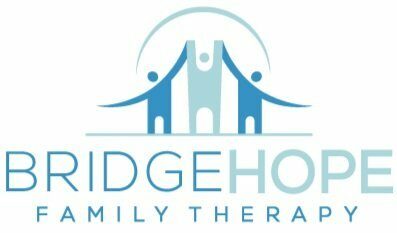The opposite of trauma is resilience. Resilience is the ability to adapt and pivot to your situation in a healthy way. When adverse childhood experiences happen and a child experiences no support or intervention, that child is more likely to experience that event as a trauma. On the contrary, when the child experiences an event and has safe and supportive adults in their life, then that child is more likely to experience resilience.
Contrary to some beliefs, resilience is a skill available to everyone. You don’t have to be born with resilience and it’s not a character trait. Rather, it is a strategy that helps people to thrive. Learn more about resilience and click here.
How to Be Vulnerable Without Being Needy
Vulnerability is one evidence that you are practicing resilience. However, perhaps sometimes you go about it in the wrong way. You may have received the criticism from someone close to you that “you are needy,” when you are trying to be vulnerable or to share your experiences. Some people, however, do not fully understand the difference between vulnerability and neediness. Vulnerability is your decision to relinquish a portion of the control you have over your life, and your choice to show people an authentic side of you. Vulnerability is about connection, rather than maintaining an image. Vulnerability is not only a hallmark of trust but also a valuable component in many relationships. Some people may shy away from vulnerability due to messages from trusted adults (i.e., parents, grandparents, or other authority figures) that it is not safe to be vulnerable and that you need to “keep a mask” or “don’t show emotions.”
Neediness, on the other hand, is more self-centered as it focuses exclusively on solving your distress. Consider the following actions:
- Asking your partner if everything is okay/they still love you/if they are mad
- Having difficulty being on your own – wanting to be with the other person constantly
- Having trouble making your own choices—needing someone to guide you in your decisions
- Feeling jealous, mad, or sad when your partner doesn’t spend time with you
If you’re reviewing this list and realizing that these actions are creating problems in your relationship with your partner, reaching out for therapy is a great place to learn how to make changes. Things you can learn in therapy can include:
- Improved self-esteem
- Improved boundary setting and boundary respecting
- Coping skills for managing your emotions
- Learning better communication strategies
Reach out today to start your journey to change.
Individual relationship counseling
Many people reach out for individual counseling for a variety of issues. At BridgeHope Family Therapy, I offer individual and relationship counseling, as well as individual counseling focused on relationships. Through working with me, you can gain greater self-confidence and shed the need to be reliant on others for your validation or assurances. You can gain greater self-respect and find that you don’t need to people please, as you can be confident in who you are. If you believe you’ve experienced a difficult event, series of events, or relationship, reach out to have a consultation about how I can help you to change for the better.




